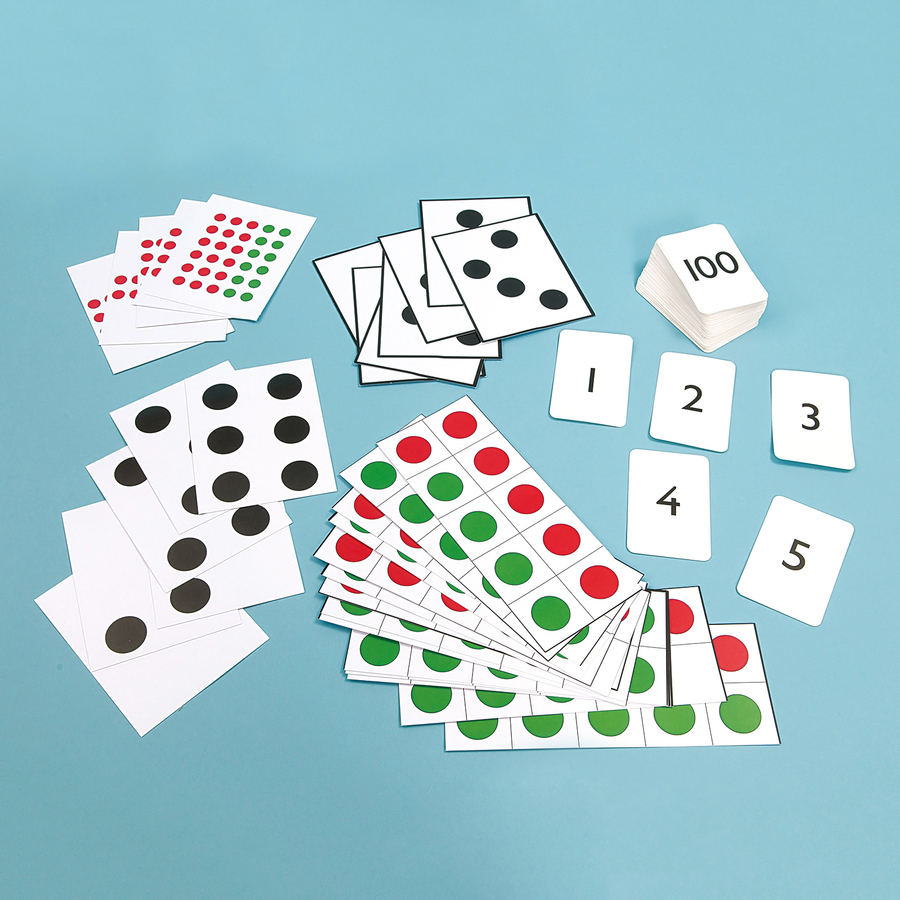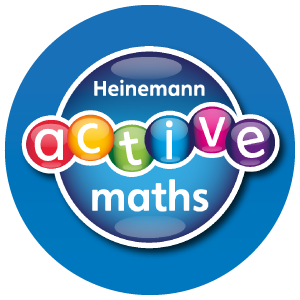Numeracy and Mathematics plays an important role in our lives and in the lives of our children. We provide rich and supportive learning environments and use a variety of teaching approaches including active learning and appropriate and effective use of technology. We actively promote and create opportunities for children to experience the relevance of mathematics in modern, everyday situations including problem solving activities that will support the development of independent thinking and ensure that numerical and analytical skills are developed. We plan opportunities to support numeracy across learning and use ICT to enhance learning.
The mathematics experiences and outcomes are structured within three main organisers, each of which contains a number of subdivisions:
Number, money and measure
- Estimation and rounding;
• Number and number processes;
• Multiples, factors and primes;
• Powers and roots;
• Fractions, decimal fractions and percentages;
• Money;
• Time;
• Measurement;
• Mathematics – its impact on the world, past, present and future;
• Patterns and relationships and
• Expressions and equations.
Shape, position and movement
- Properties of 2D shapes and 3D objects and
• Angle, symmetry and transformation.
Information handling
- Data and analysis and
• Ideas of chance and uncertainty.
At St James’, we use a variety of strategies and resources to ensure our children are confident, successful and happy learners of numeracy and mathematical concepts. We use a wide range of resources to support pupils and we use the highly effective approach of Concrete, Pictorial and Abstract to develop a deep understanding of maths in pupils. Pupils are introduced to a new mathematical concept through the use of concrete resources (e.g. counters, Dienes blocks). When they are comfortable solving problems with physical aids, they are given problems with pictures – usually pictorial representations of the concrete objects they were using. Then they are asked to solve problems where they only have the abstract i.e. numbers or other symbols. Building these steps across a lesson can help pupils better understand the relationship between numbers and the real world, and therefore helps secure their understanding of the mathematical concept they are learning.

Children are taught basic numeracy skills including addition, subtraction, multiplication and division, as well as developing problem-solving and practical skills and knowledge. Purposeful play in maths helps provide relevance for our children.
Children will also develop strategies in order to solve mathematical problems and learn concepts, facts and techniques through the use of Number Talks and SEAL Approaches.
Number Talks
Children are involved in Number Talks on a daily basis. They are directed, purposeful conversations in the classroom centred on mental maths. These conversations provide opportunities for pupils to develop their skills in selecting and using the most appropriate strategies to solve computation problems mentally. The children are encouraged to share their mathematical thinking and defend their chosen strategies and solution. A focus on number relationships and number theory allows them to develop their skills in solving problems efficiently, accurately and flexibly.
A typical number talk lasts between 5 and 15 minutes, covering a range of topics in Numeracy and Mathematics. When problems are introduced at the beginning of a Number Talk, pupils look for number relationships to plan their strategies. They are encouraged to look at problems from multiple perspectives, to build flexibility. By sharing their answers and strategies, they must justify their ideas and approaches. As a class they then discuss the various approaches, evaluate their efficiency and are able to identify what they have learned from each other.
SEAL (Stages of Early Arithmetical Learning)
Following council guidelines, we use SEAL methodology across the school when focusing on teaching children core numeracy skills and use these strategies to support the teaching of mental agility further up the school.
“Mental agility is an essential skill. As adults, we need to estimate and calculate every day. This skill must be developed from the early stages. In all learning in Numeracy and Mathematics, lack of fluency in mental processes is a major barrier to progress.” SSLN Professional Learning Resource: Numeracy and Mathematics Skills
Through the implementation of SEAL children develop and use a range of methods to solve number problems. The strategies they use increase in sophistication as children gain experience and develop better ways of solving problems.

All teachers ensure continuity and progression by using the experiences and outcomes from Curriculum for Excellence and planning documents developed by Renfrewshire Council (Renfrewshire Maths Pathways) in partnership with Education Scotland. We use Heinemann Active Maths to support the delivery of our Numeracy and Maths programme. This is also supported by additional materials from TeeJay, Scottish Heinemann and teacher made resources to meet the needs of individuals.

For more information on Numeracy and Mathematics Principles and Practices visit the Education Scotland website.


